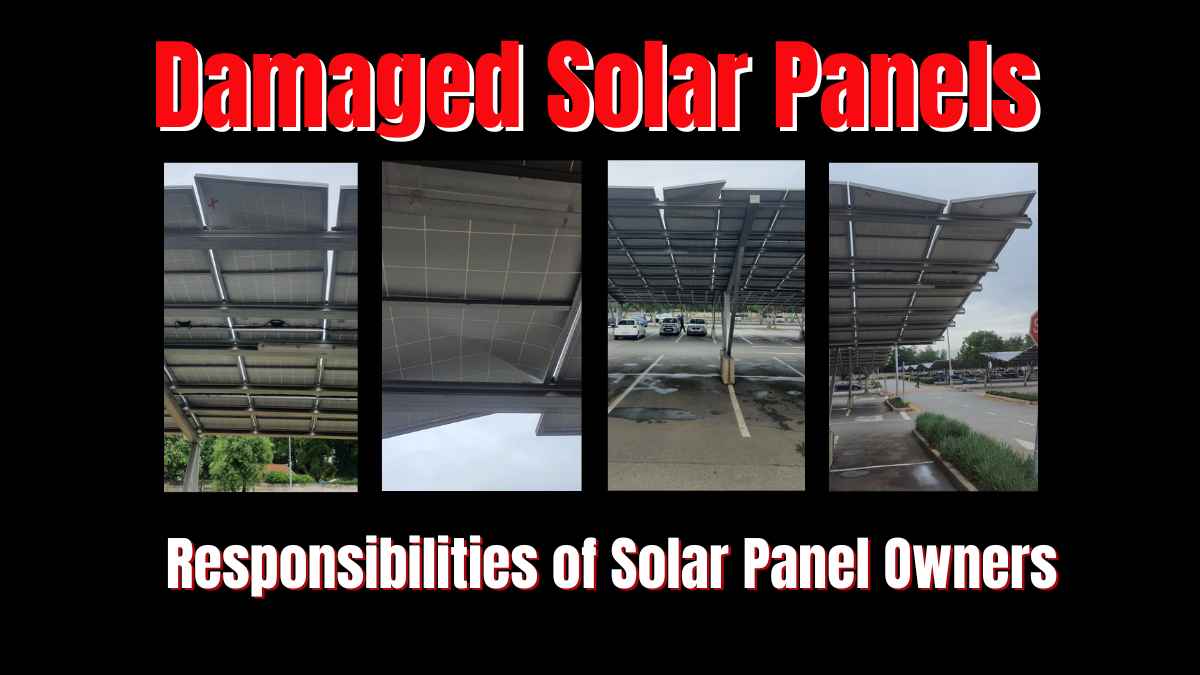The Crucial Responsibilities of Solar Panel Owners in Public Spaces
In the pursuit of sustainable energy solutions, the installation of solar panels in public spaces has become increasingly common. However, with this eco-friendly initiative comes a significant responsibility that cannot be overlooked. Neglecting damaged solar panels in areas frequented by the public, such as shopping centers, hospitals, and schools, can have severe consequences, ranging from public safety hazards to legal liabilities. Here are essential considerations that underscore the responsibility of solar panel owners in these spaces:
1. Public Safety Concerns:
In public spaces, the risk of accidents and injuries escalates when damaged solar panels are left unattended and unsecured. Proper fencing and security measures are crucial to prevent unintentional contact and ensure the safety of individuals within the vicinity.
2. Electrocution Hazards:
Damaged solar panels in public areas can expose people to the risk of electrocution, especially if live electrical components become accessible due to the damage. This danger is exacerbated in wet conditions, where rainwater can create a conductive path, increasing the potential for electric shocks.
3. Fire Hazards in Public Spaces:
The possibility of a fire stemming from damaged solar panels in a public area poses significant risks to people, property, and the environment. Prompt response to signs of overheating or electrical issues is essential to avert potential fires.
Additional Considerations:
a. Liability Issues:
Neglecting visibly damaged solar panels can lead to legal liabilities. Property owners, maintenance personnel, or system operators may be held accountable if negligence in addressing known issues results in harm or property damage.
b. Regulatory Compliance:
Adhering to local regulations and standards governing the installation and maintenance of solar panels is critical. Failure to comply may result in legal consequences and fines.
c. Emergency Response Challenges:
Emergency response teams may encounter difficulties in dealing with incidents involving damaged solar panels. Proper risk identification and coordination with relevant authorities are vital to effectively mitigate potential harm.
d. Negative Public Perception:
Neglecting damaged solar panels in public areas can lead to negative public perception, damaging the reputation of property owners, operators, or the broader solar industry. Proactive maintenance and swift response demonstrate a commitment to safety and environmental responsibility.
In light of these potential dangers and considerations, addressing any damage to solar panels in public spaces is not just a recommendation; it is a responsibility. Regular inspections, immediate action upon discovering damage, and collaboration with professionals are essential to ensure public safety, regulatory compliance, and the preservation of a positive public image. Clear signage and barriers play a pivotal role in minimizing unauthorized access to damaged solar panels, further enhancing safety in public areas. The journey towards sustainable energy must be accompanied by a steadfast commitment to safety and responsibility, ensuring a brighter future for all.


my email is johan@ltvtech.co.za I have replied as well to the email